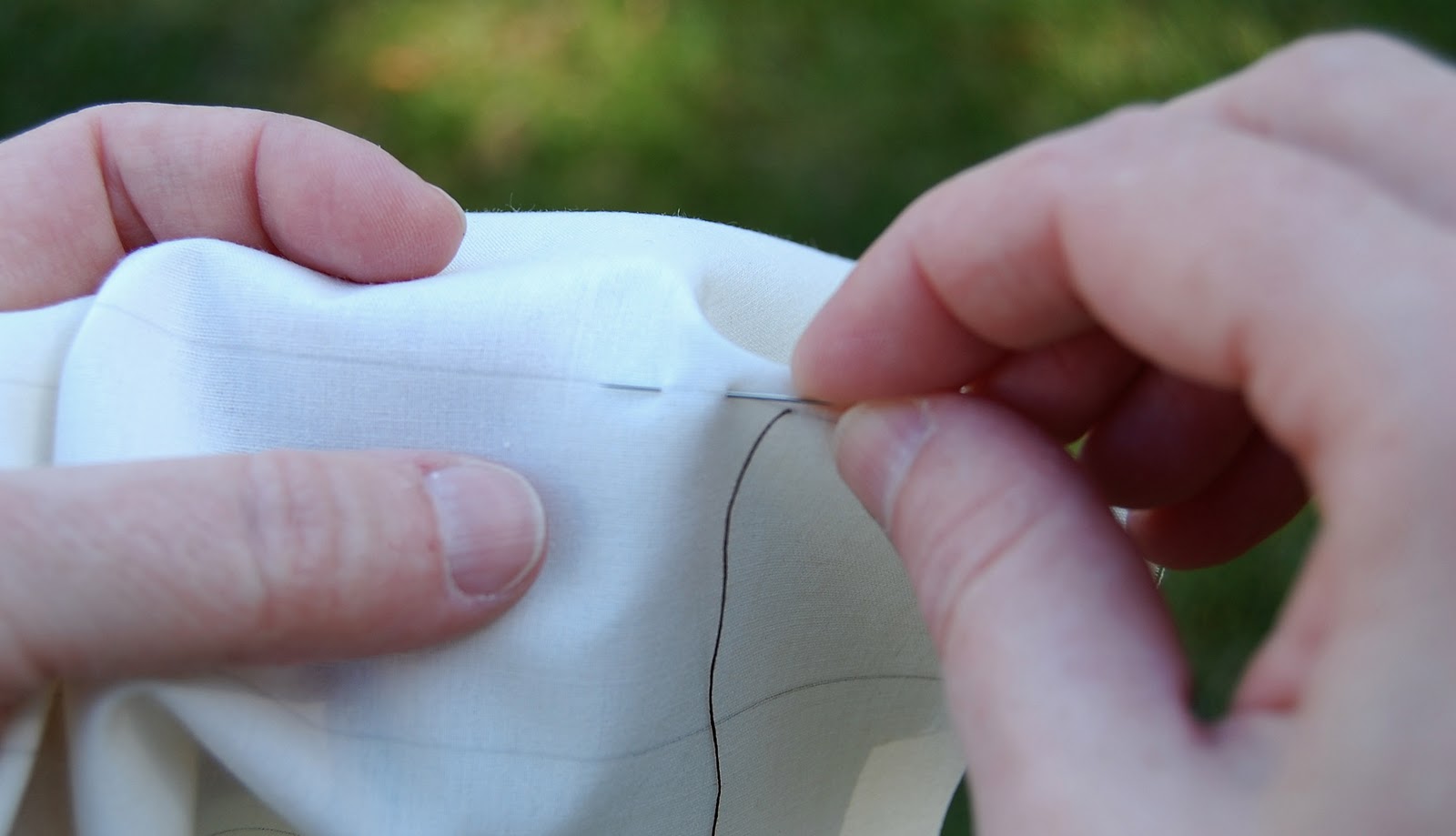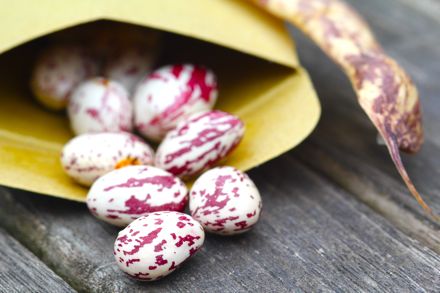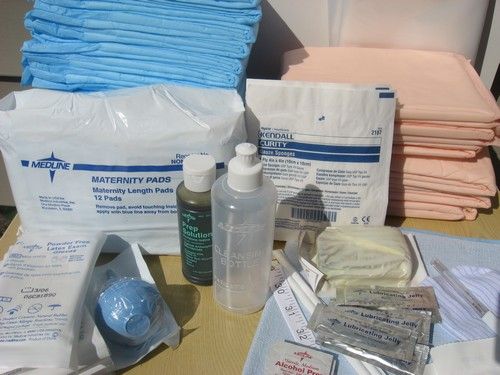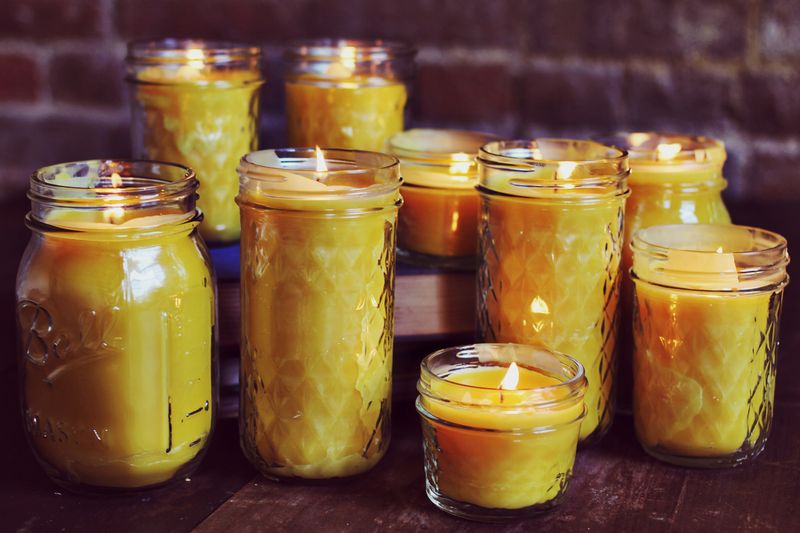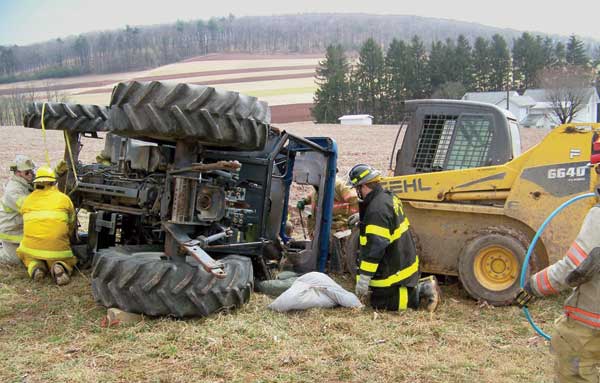Three Important Homestead Firearms (Video)
If there is one incredibly appropriate place for firearms, it is on a homestead. There, they are important tools. They provide security of your home, belonings and animals. They can scare off, injure or kill dangerous predators. You can use them to kill animals you raise quickly and painlessly, as well as wild animals you’d … Read more


